Jiangsu Province, also known as “Su,” is located along the eastern coast of China at the lower reaches of the Yangtze River. It ranks among the most economically developed regions in the country. The capital city, Nanjing, is steeped in history, while Suzhou is world-famous for its classical gardens. Other major cities like Wuxi, Changzhou, and Yangzhou each offer their own unique appeal.
The province features flat terrain and a vast network of rivers and lakes. The Yangtze River and the Grand Canal pass through Jiangsu, making it a key hub for trade since ancient times. Rich in both cultural heritage and urban energy, Jiangsu remains one of the most popular travel destinations in China.
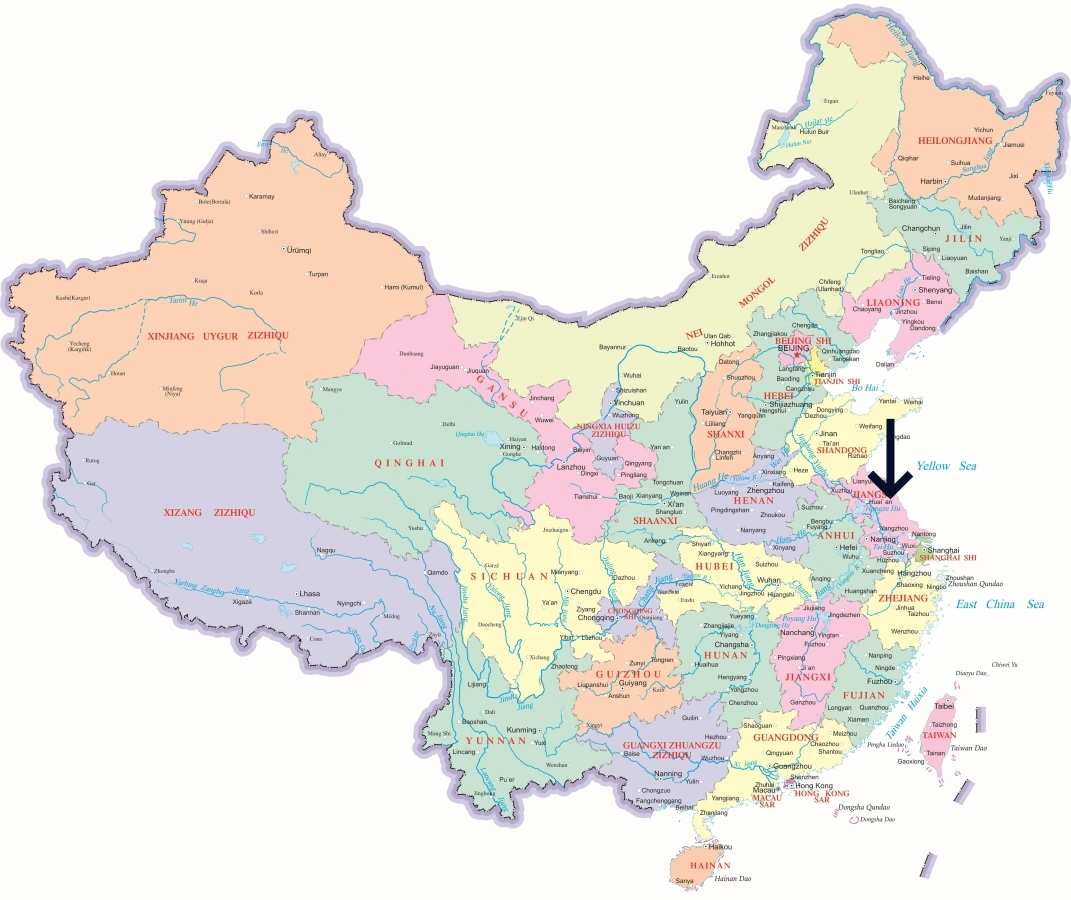
Jiangsu has 13 prefecture-level cities, each offering its own distinctive blend of history, culture, and scenery. Whether you’re exploring ancient capitals, wandering through classical gardens, sampling regional cuisine, or enjoying city life, Jiangsu has something for every traveler.
While Nanjing, Suzhou, Wuxi, Changzhou, and Yangzhou are among the most visited cities, others like Nantong, Xuzhou, Yancheng, Zhenjiang, Taizhou, Huai’an, and Lianyungang are equally worth exploring for their charm and local experiences.
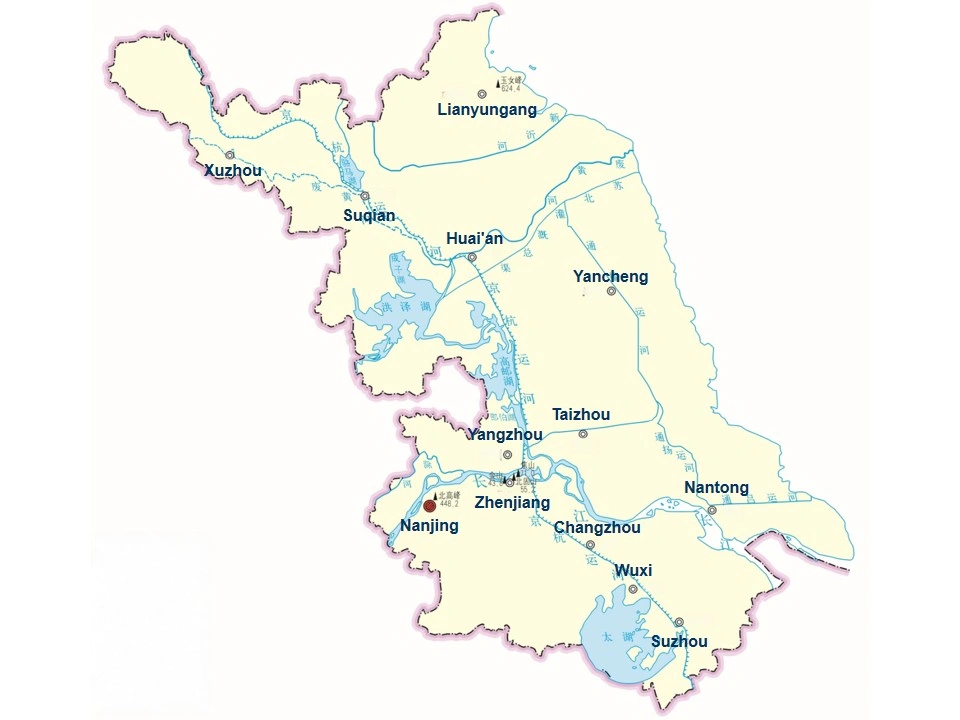
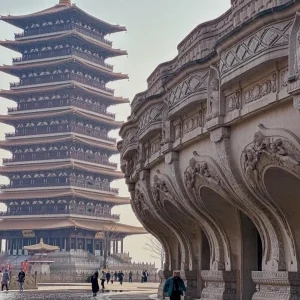
As the capital of Jiangsu, Nanjing served as the capital of six dynasties. It is known for historical landmarks such as the Sun Yat-sen Mausoleum, Ming Xiaoling Tomb, and the former Presidential Palace. It blends deep cultural roots with modern development.
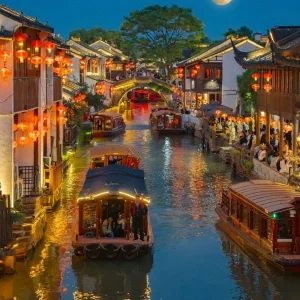
Famous for its classical Chinese gardens and water towns, Suzhou features scenic spots like the Humble Administrator’s Garden, Lingering Garden, and Zhouzhuang. It represents the elegance of Jiangnan culture and aesthetics.
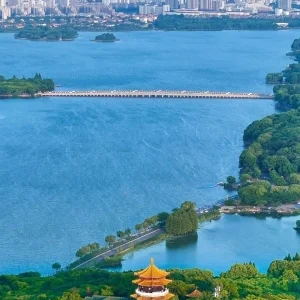
Located near Lake Tai, Wuxi is home to the Grand Buddha at Ling Shan, Turtle Head Isle, and popular film studios. It’s a vital industrial city with impressive tourist attractions.
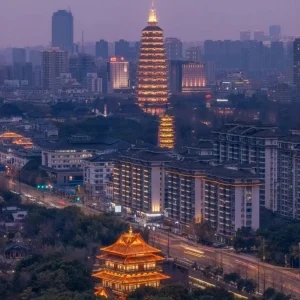
A historic city known for the China Dinosaur Park and Tianning Temple. It also plays a significant role in China’s manufacturing sector.
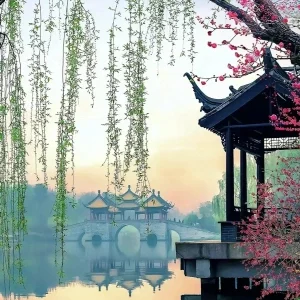
Situated along the ancient Grand Canal, Yangzhou is praised in poetry for its springtime beauty. Highlights include Slender West Lake, Daming Temple, and Dongguan Street.
Jiangsu offers a rich mix of natural scenery and cultural landmarks, making it ideal for in-depth travel or casual sightseeing. From UNESCO gardens to Buddhist landmarks, historic tombs to peaceful water towns, nearly every city has a highlight.
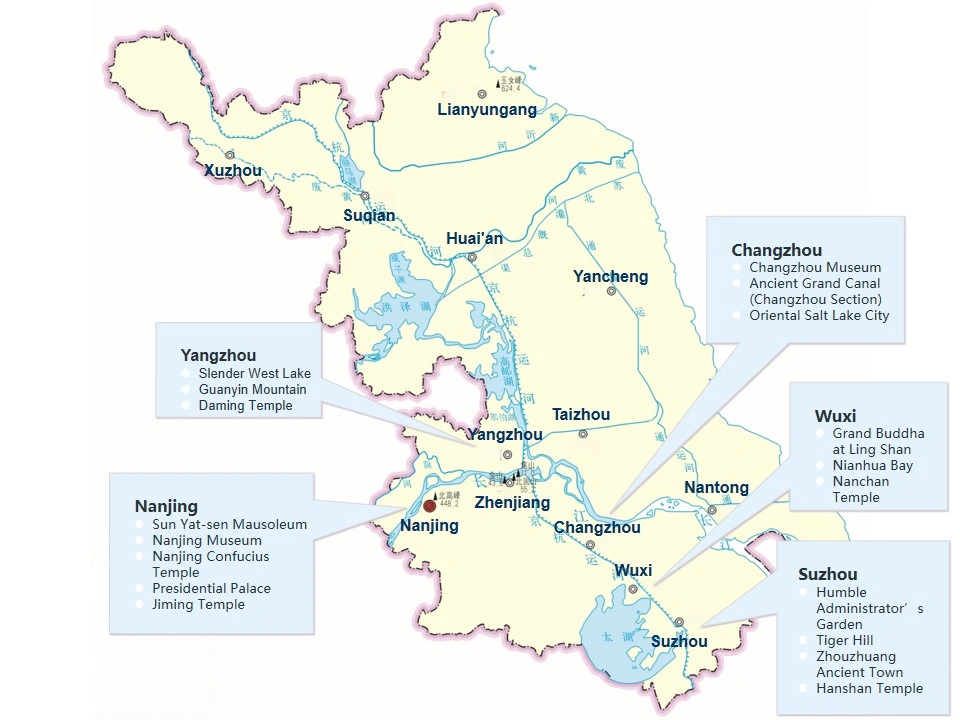
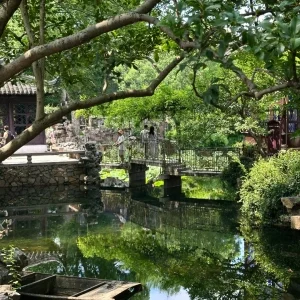
One of China’s Four Great Classical Gardens, known for elegant landscaping, pavilions, ponds, and rock formations. It’s the best example of Suzhou’s refined garden art.
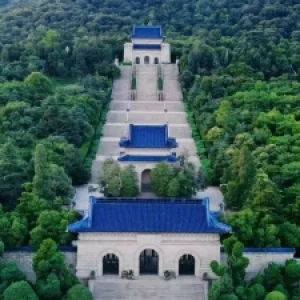
Dedicated to the founding father of modern China, this solemn architectural complex sits on Purple Mountain and stands as Nanjing’s most iconic landmark.
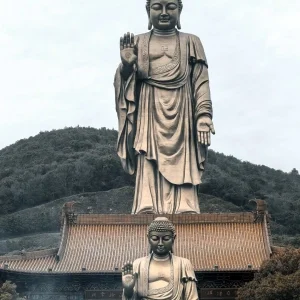
One of the tallest bronze Buddha statues in the world. Located near Lake Tai, it’s a spiritual site surrounded by scenic beauty.
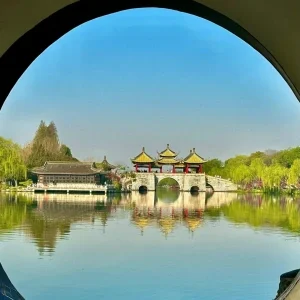
Combining lakeside charm, classical gardens, and historic buildings, this spot is famed for spring blossoms and tranquil boating experiences.

Often called China’s No.1 water town, Zhouzhuang features stone bridges and narrow canals. It’s ideal for those seeking a slower pace and traditional atmosphere.
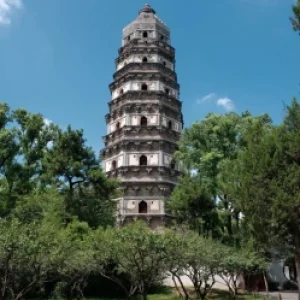
Nicknamed "the No.1 Sight in Suzhou", Tiger Hill is home to the iconic leaning Yunyan Pagoda, Sword Pond, and ancient stone terraces—steeped in over 2,500 years of history.
Jiangsu cuisine, or Su cuisine, is one of the Eight Great Cuisines of China. Known for its subtle sweetness, fresh ingredients, and delicate presentation, it emphasizes slow cooking methods like braising and steaming. Flavors vary by region—Nanjing, Suzhou, Yangzhou, and Wuxi each have their own signature tastes.
The dishes are generally light and refined, making them enjoyable for a wide range of palates. For food lovers, autumn is the best season to enjoy crab, while winter is perfect for warming stews and soups.

A seasonal delicacy available in autumn, known for its rich roe and tender meat. Often paired with Shaoxing wine.
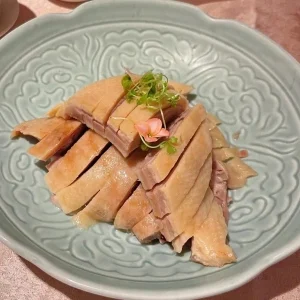
A traditional cold dish with a mild, aromatic flavor. This Nanjing specialty is tender, savory, and refreshing.
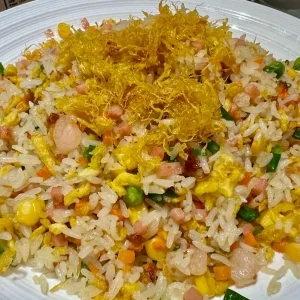
A visually appealing and flavorful dish made with a mix of diced meats, vegetables, and egg. It’s one of China’s most popular fried rice varieties.
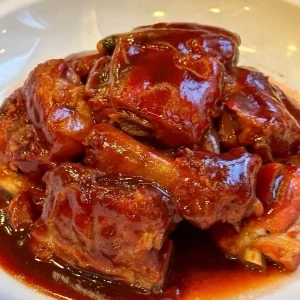
Wuxi-style ribs are soft, juicy, and coated in a rich, sweet glaze. A signature taste of southern Jiangsu.
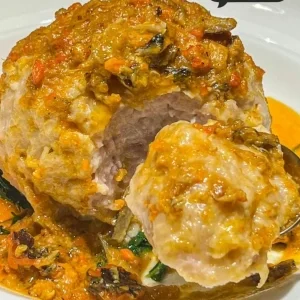
Known as “Lion’s Head,” these fluffy meatballs are simmered in broth with crab roe. Delicate and flavorful.
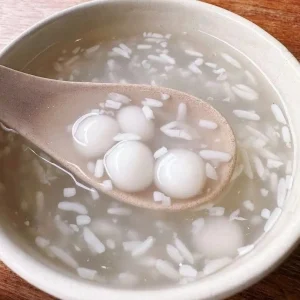
A warm dessert made with sweet rice wine and soft glutinous rice balls. It’s especially popular in winter.
Jiangsu covers about 107,200 square kilometers and has a population of approximately 85 million. Below is the breakdown by city (as of 2023):
Nanjing: 6,587 km², approx. 9.5 million residents
Suzhou: 8,657 km², approx. 12.9 million residents
Wuxi: 4,627 km², approx. 7.4 million residents
Changzhou: 4,385 km², approx. 5.3 million residents
Nantong: 8,001 km², approx. 7.3 million residents
Zhenjiang: 3,843 km², approx. 3.1 million residents
Yangzhou: 6,634 km², approx. 4.6 million residents
Taizhou: 5,796 km², approx. 4.8 million residents
Yancheng: 17,000 km², approx. 7 million residents
Huai’an: 10,000 km², approx. 4.6 million residents
Lianyungang: 7,601 km², approx. 4.5 million residents
Xuzhou: 11,258 km², approx. 8.8 million residents
Suqian: 8,555 km², approx. 4.9 million residents
Note: All population figures refer to the most recent estimates of permanent residents.
Jiangsu has a humid subtropical climate with four distinct seasons. Winters are cold, summers are hot and humid, and spring and autumn are mild and pleasant. Here’s a general monthly guide to average temperatures and weather conditions:
January: Coldest month; 0–8°C (32–46°F); occasional frost and light snow
February: Still cold; 2–10°C (35–50°F); increasing sunshine, wide day-night temperature swings
March: Milder with early spring flowers; 6–15°C (43–59°F)
April: Warming up; 11–21°C (52–70°F); more rain, carry an umbrella
May: Comfortable weather; 16–26°C (61–79°F); a top month for travel
June: Rainy season starts; 21–29°C (70–84°F); humid and wet
July: Hottest month; 26–33°C (79–91°F); heatwaves possible
August: Still hot; 26–32°C (79–90°F); slightly drier but muggy
September: Cooling down; 21–28°C (70–82°F); ideal for sightseeing
October: Crisp and dry; 14–23°C (57–73°F); perfect for outdoor travel
November: Chilly late autumn; 8–17°C (46–63°F)
December: Cold and dry; 2–10°C (35–50°F)
Best time to visit: March to May (spring) and September to November (autumn), when the weather is most pleasant.
Here are the primary postal and telephone area codes for each city in Jiangsu:
Nanjing: 210000, Area code: 025
Suzhou: 215000, Area code: 0512
Wuxi: 214000, Area code: 0510
Changzhou: 213000, Area code: 0519
Nantong: 226000, Area code: 0513
Zhenjiang: 212000, Area code: 0511
Yangzhou: 225000, Area code: 0514
Taizhou: 225300, Area code: 0523
Yancheng: 224000, Area code: 0515
Huai’an: 223001, Area code: 0517
Lianyungang: 222000, Area code: 0518
Xuzhou: 221000, Area code: 0516
Suqian: 223800, Area code: 0527
When dialing a Jiangsu landline from outside China, use +86 followed by the area code and local number.

 English (Hong Kong)
English (Hong Kong)